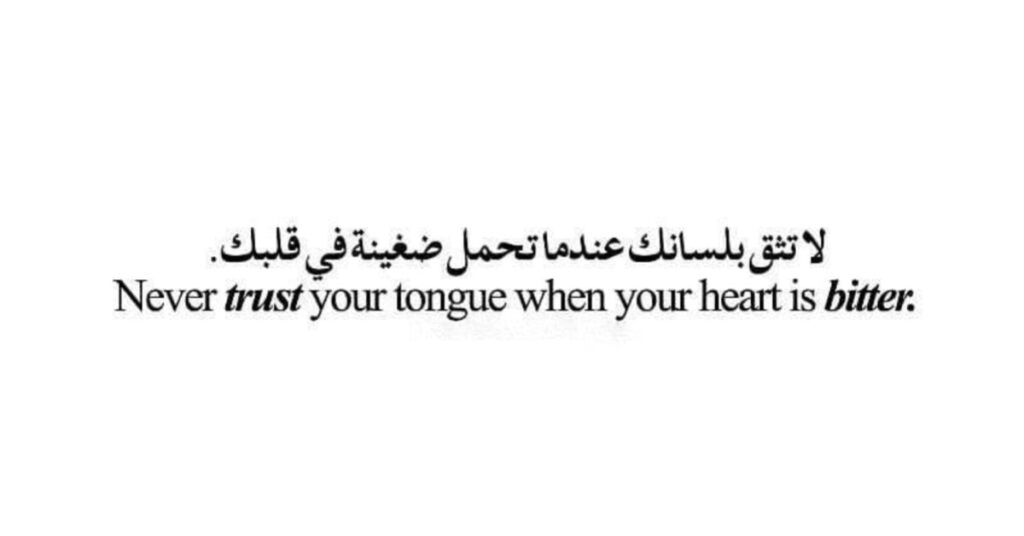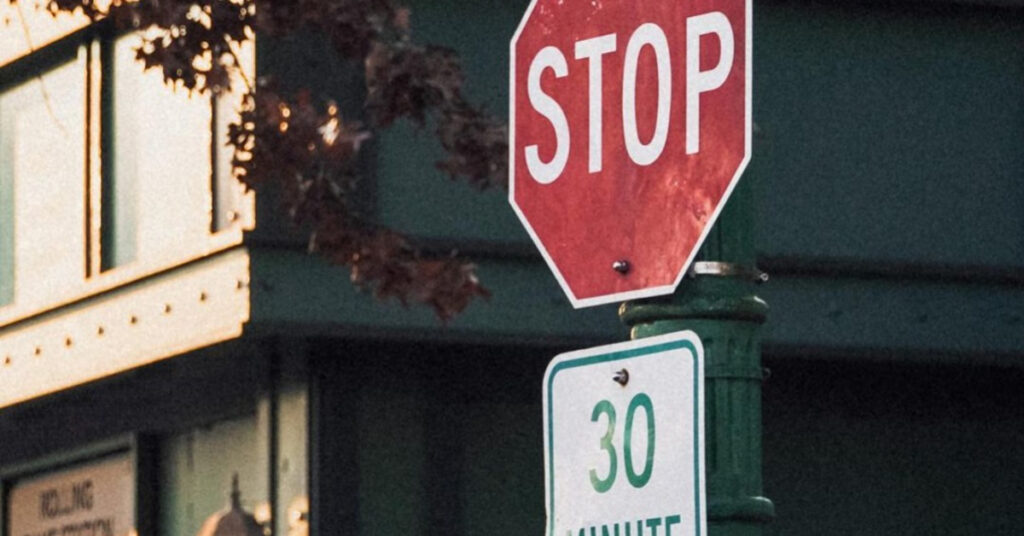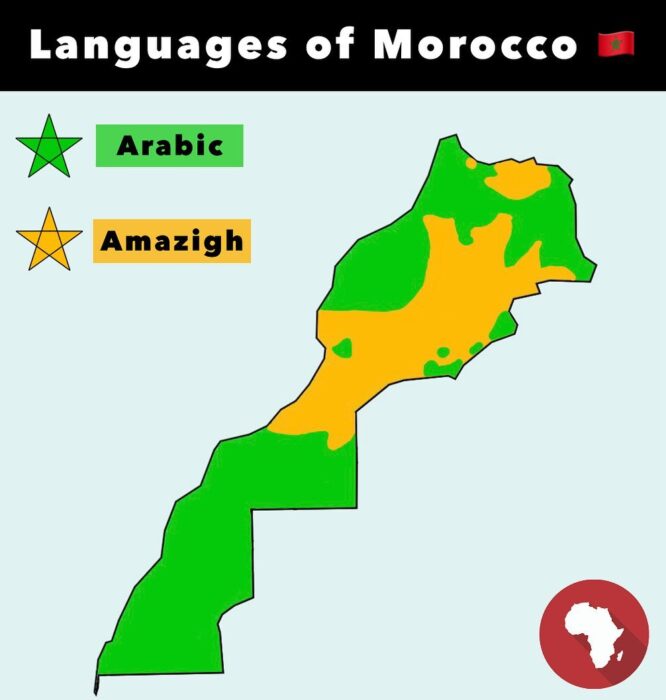Morocco is a diverse and prosperous nation. This African nation is situated in the continent’s north. In relation to the other continents, it has a crucial location. Aside from physical and climatic variety, it also has ethnic and linguistic diversity.
One of the most peculiar aspects of this nation is that people talk in a variety of languages, and the majority of individuals are fluent in many. These languages are often not the same, resulting in a lack of understanding among Moroccans.
Arabic and Tamazight, often known as Amazigh or Berber, have been designated as official languages in Morocco. This proclamation is included in Article 5 of the announcement of the 2011 constitution.
Travelling in Morocco soon? Let us help you organize your trip:
Which languages are spoken in Morocco?
The Moroccan kingdom’s land is divided into 12 provinces and regions. People can communicate in a variety of languages and dialects in each of them. Furthermore, although the majority of people can speak in Arabic, visiting Berber areas might lead to misunderstandings among the population. You may, however, acquire their favor if you know at least a handful of their phrases.
The Arabic:

As previously stated, Arabic is one of Morocco’s official languages. It occurs in Morocco, as it does in other Arab nations, in two forms. The formal language is also known as the Koranic language. It may be found in television broadcasts, media articles, government remarks, and literature. However, another dialect of Arabic is more contemporary and easygoing, since it is easier and does not need rigorous regulations in this scenario. Other Arabic dialects spoken in Morocco include Arabian dialects (Saudi Arabia, Bahrain, and the United Arab Emirates); Levan dialects; Egyptian dialects; and Maghreb dialects (Morocco, Algeria, Tunisia, Libya).
As a result, the population’s understanding of various languages and dialects differs widely. As a consequence of popular contemporary culture, many individuals are acquainted with the Egyptian dialect of Arabic. At the same time, the Maghreb dialect is the most difficult for most Moroccans to comprehend since it blends numerous distinct languages. For example, the pronunciation of somewhat comprehensible Arabic terms varies substantially across French, Arabic, and Berber.
The traditional type of Arabic, which is employed to compose the Koran, is the most difficult. While few individuals may claim to be proficient in this language, it is necessary for those who wish to work in government, teach in educational institutions, and report and deliver MEDIA messages.
Moroccan Tamazight:
According to Article 5 of the 2011 Constitution, the Amazigh shall be designated as the state’s official language. This is due to the fact that it is a shared legacy for all Moroccans, regardless of nationality. According to the same article, organic legislation should be adopted to outline the process of establishing the language’s official status, as well as the modalities of its integration into education and other important sectors of public life, in time to permit it.
Deputies failed to ratify the proposed organic legislation on the official status of Amazigh and the National Council of Moroccan Languages and Cultures, which had been greatly anticipated during the previous spring parliamentary session, in August 2018. The Lower House Committee on Education, Culture, and Communication finished its assessment and debate of these materials. The latter had also planned to submit modification ideas from other parliamentary factions before reaching the approval stage. To say the least, the law does not enjoy broad support.
European languages in Morocco:

While Arabic and Berber are the official languages of Morocco, several parts retain Spanish and French influences, with numerous villages bearing Spanish and French names. In general, all signs in the nation are written in one of three languages.
You’ll need to speak French if you want to work in high-paying positions in Morocco. Dwellers utilize this language for commercial communication. They do, however, speak Spanish in certain areas of the nation, particularly in the north and south of Western Sahara.
Speaking English has been fashionable in recent years since it is prestigious and offers up new opportunities in the profession and while engaging with guests. The majority of the state’s young people can communicate in English.
You may choose a tourist destination in the country depending on whatever foreign language you are fluent in. Language is a difficult problem in Morocco, especially for unskilled foreigners. Do not assume that locals-only learn the lexicons indicated above; many of them may also speak other European languages while studying in other countries.
Moroccan population:
Morocco’s population is currently almost entirely Arab and Berber, with almost all residents being Sunni Muslims. It’s impossible to say how many individuals are Arabs by birth in the nation, although purebred Berbers account for one-third of the population. They still reside in hilly locations and speak solely their forefathers’ dialect, Berber, which was just recently designated as Morocco’s national language.
It’s challenging, but if visitors who visit Berber communities can speak the language at least a little, they get respect from the inhabitants and can even purchase things at reduced costs. Residents of a nation who are proficient in French or other European languages but do not speak Berber are frequently seen as wealthy immigrants. As a result, they are raising their prices.
Moroccans benefit from the country’s many dialects, which are spoken by individuals from all over the globe. This enables them to work overseas while also holding several significant positions at home. The Kingdom has access to the Mediterranean Sea, while the Atlantic Ocean sits beyond the Strait of Gibraltar.
As a consequence, the country has a coastline of nearly 2,000 kilometers, reflecting its famed pirate history. The barbarian (Berber) coast, as it was known during the pirate period, has since transformed into a variety of gorgeous beaches, hotels, and recreational activities to suit all tastes. The populace has a lot of changes in the service sector because of the pleasant environment. All in All, the official languages of Morocco are Berber and Arabic.
Topics that might interest you:
- What to see in Erfoud, top things to do and discover
- Top 8 Kasbahs in Morocco
- The Moroccan marriage traditions
- The Moroccan hammam, Why you should try it?
- The ideal Easter itinerary in Morocco
- The best desert in Morocco, Merzouga vs Zagora
- Tetouan city of Morocco
- Skiing in Morocco, Oukaimeden and Michlifen resorts
- Quads and ATVs in Merzouga desert, Morocco
- Official languages of Morocco

Leave a Reply